Icon in the Family
Ida B. the Queen by Michelle Duster ’85
Ida B. the Queen by Michelle Duster ’85
Ida B. the Queen
by Michelle Duster ’85
ATRIA/ONE SIGNAL PUBLISHERS
176 PP.
$27.00
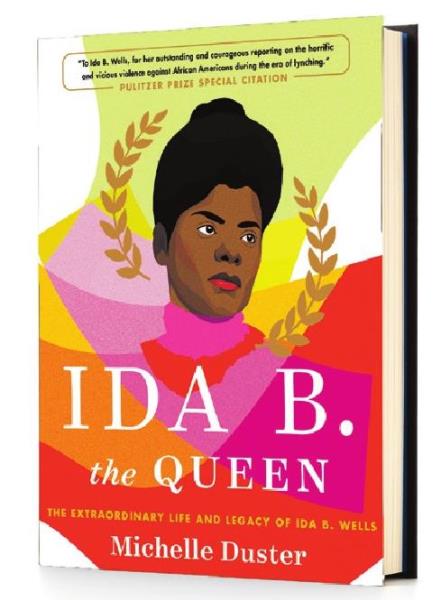
Michelle Duster’s great-grandmother, Ida B. Wells (1862-1931), crusaded for civil rights and women’s suffrage, cofounded the NAACP, and last year was awarded a Pulitzer Prize for her “outstanding and courageous reporting” on lynching. DAM spoke to Duster about her new biography.
What prompted you to write this now?
I felt Ida’s name was starting to be forgotten. A Chicago housing community named after her was dismantled. With the 2020 centennial of the 19th Amendment, there was more focus on the contributions Black women made to the suffrage movement. And I’ve been working on a monument to honor my great-grandmother. I realized how few monuments there are to women in the country. I felt people needed to know more about her and what she did.
What did you know about her when you were growing up?
My grandmother, Ida’s youngest daughter, would tell us about her mother’s work, but she also told me, “You need to have your own identity and accomplishments.” I didn’t feel she put any pressure on us to be like Ida. It was more like, be your best self. She was kind of vague when we were little because her mother faced a lot of violence and danger. My grandmother shielded us from that. “Oh, you know, your great-grandmother was a journalist,” she’d say, “and she fought for justice and equality.”
Your book blends historical accounts with your personal story and reflections. How did you decide on that approach?
I didn’t start off that way. But to distinguish it from other biographies about her, I chose to add more personal elements. I also wanted to put Ida’s story into an historical context of the whole 400-year African American experience. She lived from slavery to the Great Depression. I wanted to help people understand that some of the work she was doing continues. My hope is that people will see a part of themselves in her and see how what is happening today is connected to the past.
What can activists take away from the example Wells set?
She spoke truth to power through journalism and countered false narratives, which is still relevant today. Also, she advocated for boycotts of businesses that did not treat African Americans as full citizens—for people to use their economic power to create change.
—Elizabeth Janowski ’21
EDITOR’S PICKS
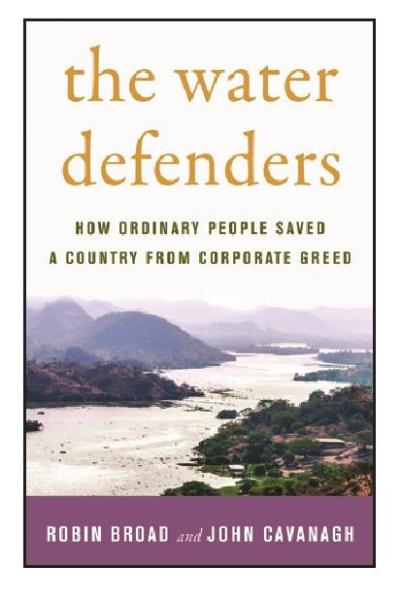
JOHN CAVANAGH ’77
The Water Defenders: How Ordinary People Saved a Country from Corporate Greed
Beacon PressDrawing from more than a decade of research and personal interactions, Cavanagh and coauthor Robin Broad chronicle the unlikely true story of a community in El Salvador that successfully thwarted a global mining corporation from poisoning the nation’s main water supply. They follow the tales of local activists and the under-the-table deals of Pacific Rim mining company’s executives.
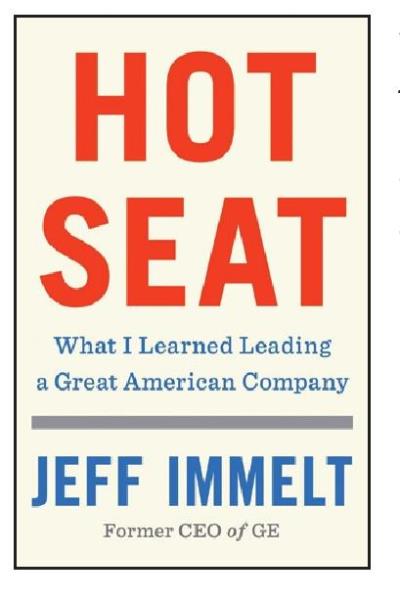
JEFFREY IMMELT ’78
Hot Seat: What I Learned Leading a Great American Company
Avid Reader Press/Simon & Schuster
The former CEO of General Electric reflects on his time at the helm of the industry giant, which he stepped into less than a week before the 9/11 terrorist attacks and guided through the 2008 financial crisis. Immelt’s memoir provides a candid peek into the ups and downs of his tenure and stands as a guide for leadership as companies continue to navigate uncharted economic waters.
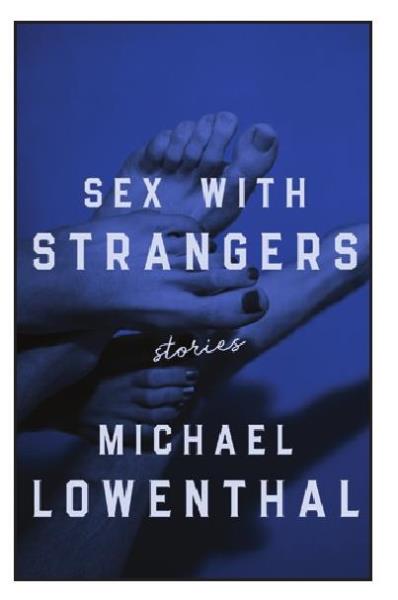
MICHAEL LOWENTHAL ’90
Sex with Strangers
University of Wisconsin Press
Characters fall in and out of love, tiptoe through precarious relationships, and grapple with loneliness in this collection of short stories on modern romance. From a young man trying to salvage a long-distance relationship to a newly ordained priest longing for an ex-lover, Lowenthal’s stories explore how subconscious desires can make strangers of loved ones and of our own minds.
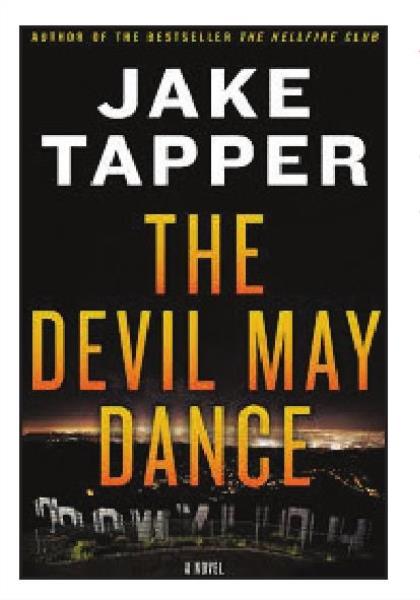
JAKE TAPPER ’91
The Devil May Dance
Little, Brown & Co.
A sequel to The New York Times bestseller The Hellfire Club (2018), the CNN anchor’s latest novel follows 1960s political pundits Charlie and Margaret Marder as they seek to unravel Hollywood’s seedy underbelly. Their quest pits them against crooner (and rumored mobster) Frank Sinatra, the Church of Scientology, and a shadowy force that threatens the security of the nation as a whole.
 View Full Issue
View Full Issue
More From This Issue
-
 FEATURES
FEATURESThe Class of Covid-19
MAY | JUNE 2021 By Svati Kirsten Narula ’13 -
 INTERVIEW
INTERVIEW“Let’s Make This Memorable”
MAY | JUNE 2021 By Sean Plottner -
 FEATURES
FEATURESThe Plot Thickens
MAY | JUNE 2021 By Julia M. Klein -
 FEATURES
FEATURESHeartbeat of the People
MAY | JUNE 2021 By BETSY VERECKEY -
 FEATURES
FEATURESCapital Business
MAY | JUNE 2021 By RICHARD BABCOCK ’69 -
 notebook
notebookOn the Watch
MAY | JUNE 2021 By CHARLOTTE GROSS ’16
Books
-
 Books
BooksIsland Quest
JANUARY | FEBRUARY 2020 -
 Books
BooksDeep Trouble
SEPTEMBER | OCTOBER 2020 -
 Books
BooksThe Book That Changed My Life
JULY | AUGUST 2018 By GEORGE M. SPENCER -
 Books
BooksStories With Purpose
SEPTEMBER | OCTOBER 2020 By JOSEPH BABCOCK '08 -
 Books
BooksSkin Deep
JULY | AUGUST 2020 By Kevin Nance -
 Books
BooksThe Hole Truth
SEPTEMBER | OCTOBER 2020 By Kevin Nance
Elizabeth Janowski ’21
-
 notebook
notebookWinds of Change
SEPTEMBER | OCTOBER 2020 By Elizabeth Janowski ’21 -
 Voices in the Wilderness
Voices in the WildernessGood Education
NOVEMBER | DECEMBER 2020 By Elizabeth Janowski ’21 -
 Voices in the Wilderness
Voices in the WildernessGlobal Perspective
JULY | AUGUST 2021 By Elizabeth Janowski ’21 -
 notebook
notebookEUREKA!
NOVEMBER | DECEMBER 2020 By Emily Sun ’22, Elizabeth Janowski ’21
Books
-
 Books
BooksFACULTY PUBLICATIONS
May 1916 -
 Books
BooksA Study of Student Life-the Appraisal of Students Traditions
May 1935 -
 Books
BooksFaculty Publications
December 1948 -
 Books
BooksPROBLEMS OF AMERICAN DEMOCRACY
January 1941 By Everett W. Goodhue '00 -
 Books
BooksATOMIC SHIELD,
FEBRUARY 1970 By GENE M. LYONS -
 Books
BooksTHE IMPACT OF FEDERAL TAXES
May 1943 By Lloyd P. Rice

